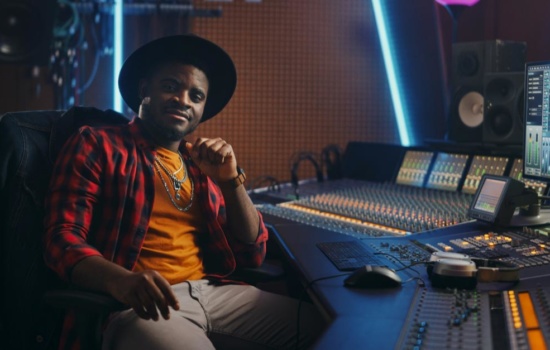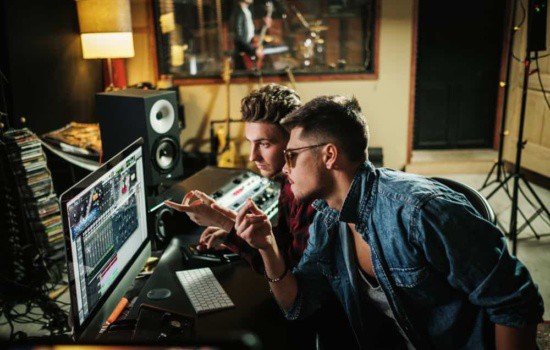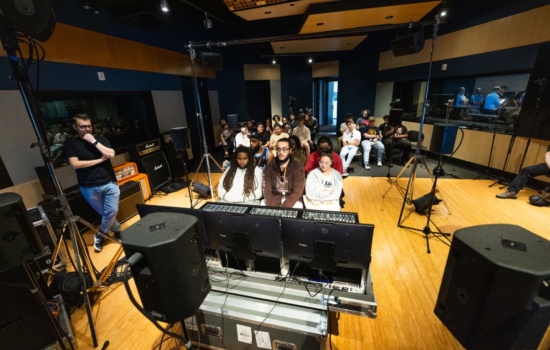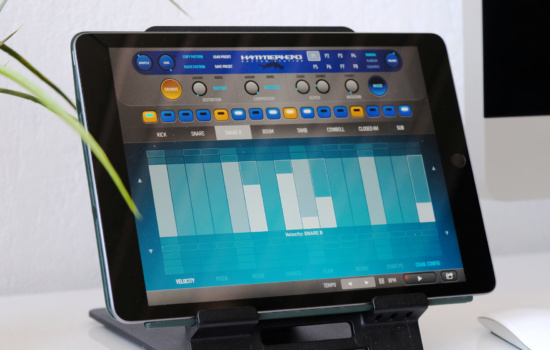For most musicians, creating their art is about self-expression and working through potentially tough times. They make it out of a desire to inspire feelings of joy, or sadness, or any number of powerful emotions. That’s what it should be for the people actually crafting songs and albums, but for a record label, it’s about selling something. They may be in a creative industry, but record labels are still businesses, and money needs to be made.
This is something you will want to keep in mind as an artist, whether or not you’re looking to be signed, because you need to make money off of your creations one way or another. Many musicians hear this advice and they think it’s a suggestion to focus on nothing but what’s happening at the top of the charts and avoid anything brazen or different.
That simply isn’t true! The best musicians who have ever lived have found innovative ways to change styles and bring their genres to new places, but they did so in a way millions of people could get behind. Who says great art can’t be catchy, and it can’t be sold by artists who have a cool look to them as well?
This isn’t to say those working at record labels aren’t interested in promoting great music or pushing art, but those companies do need to keep the lights on, and the money for things like studio time and promotion needs to come from somewhere.
If you can show you have a fan base who will stick with you and take interest in everything you post, that’s something a smart executive would pay attention to.
What do record labels look for in an artist?
For decades, when record labels went looking for new names to sign, they sought out star quality and talent, as well as marketability. Now, they’re still interested in the same things, but they also want so much more.
As is mentioned in the rest of this article, record labels today are particularly intrigued by artists who already have a career. It’s a much safer bet on their part to sign a musician who has a large fan base, who knows who they are and has found their style and sound, whose social media is full of engaged followers, and who can supply numbers on streaming sites like Spotify and Apple Music that show that there’s already real interest.
Record labels are still open to lesser-known acts, ones who haven’t yet racked up millions of streams or accrued massive followings, but they need to have something incredibly special that no one else does. They must be certified, will-be stars, or perhaps they’ve crafted what will go on to easily become a radio smash, with the right promotion.
If you want to get signed by a major record label, try building your career first. They’ll be interested, and perhaps even come calling, when your success is undeniable.


























